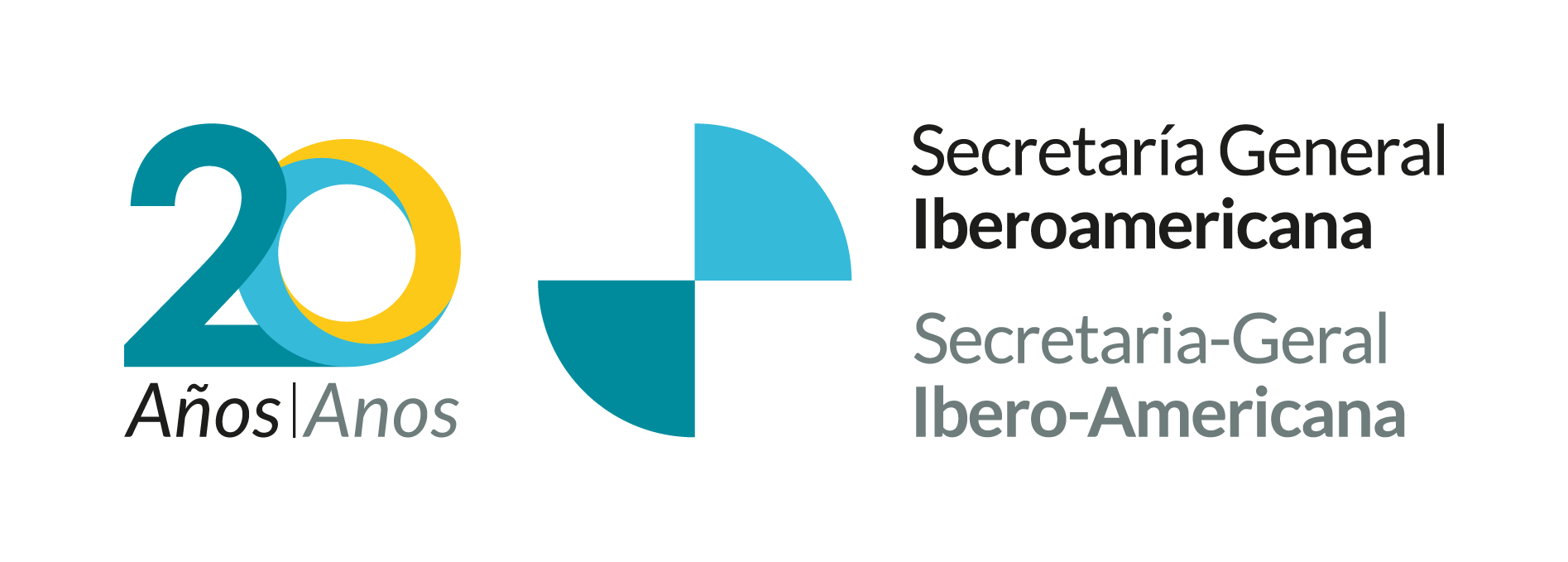[bread-crumb]
Ibero-American Cooperation is the route to materialise into specific actions the agreements and political commitments undertaken by the Ibero-American Heads of State and Government at the Summits.
This is a unique model of cooperation characterised by a multidimensional and multi-actor regional approach, and also by a flexible and horizontal design in which participation is voluntary and countries take part in agreements according to their national priorities within the framework of the 2030 Agenda for Sustainable Development.
Furthermore, it is a model based on solidarity, which strengthens the community composed of 22 countries and contributes through joint actions to the sustainable socio-economic development of the region.

Ibero-American Cooperation is characterised by seeking specific results with a direct impact on the strengthening of national sectoral public policies. These results are achieved through an inter-governmental political dialogue based on technical cooperation (exchanging of good practices, networking, participating in political dialogue with decision-makers, training) and financial cooperation (e.g. competitive funds) in order to provide a better response to the needs of Ibero-American citizens.
The Ibero-American General Secretariat acts as a support platform for Ibero-American Cooperation for all the system actors: revitalising Ibero-American spaces; coordinating and generating synergies; monitoring and evaluating Programs, Initiatives and Affiliated Projects (PIPA); and sharing its results through a four-year Ibero-American Cooperation Action Plan (PACCI).
This Action Plan is renewable every four years and includes as its main lines of action the strengthening of Ibero-American cooperation; social inclusion and the improvement of governance; knowledge, higher education, science and technology; gender equality; promoting culture for sustainable development; the environmental dimension of sustainable development; and innovation, entrepreneurship and digital transformation.
The main instruments of Ibero-American Cooperation include Programs, Initiatives and Affiliated Projects, primarily focused on three core areas: knowledge, culture and social cohesion. In addition, other instruments show a more cross-sectoral focus, addressing issues such as south-south cooperation, road safety, governance o urban development, among others.
Affiliated Projects are actions in a relevant sector following the priorities of Ibero-American Cooperation, which are undertaken by municipalities, regional organizations, Ibero-American networks, NGOs, companies, universities, social organisations, trade unions or foundations. Their purpose is to acknowledge the joint actions undertaken by the Ibero-American civil society and the economic, cultural and political spheres, so that they can be supported by the Ibero-American Summit
Programs and Initiatives are governmental proposals presented at Summits. Their objective is to join forces towards achieving a regional goal aimed at strengthening sectoral public policies. They involve a minimum participation of 7 and 3 countries, respectively.
